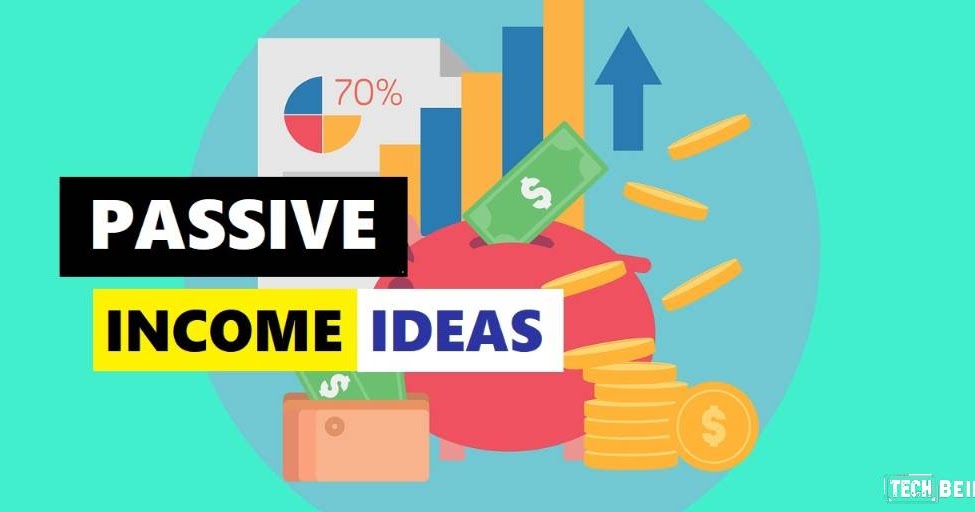Americans like the concept of a fourth round of stimulus checks, but there hasn’t been much news recently from Washington on whether it will actually happen.
When questioned on May 4 about the likelihood of a fourth wave of stimulus payments, White House Press Secretary Jen Psaki responded, “We’ll see what members of Congress offer, but they are not free.
The third stimulus check batch was recently sent by the IRS, increasing the total amount issued to around 164 million. One governor has proposed sending additional cash to some people in the meantime.
What you need to know about the most recent deliberations and suggestions on a fourth round of stimulus checks is provided below.
The latest stimulus check proposals
As part of a multibillion dollar spending plan, California Governor Gavin Newsom has stated that he intends to deliver $600 payments to low- and middle-income households. Residents who qualify include:
- Families that earn between $30,000 and $75,000 annually would receive $600.
- For a total of $1,100, families with at least one dependent would earn an extra $500.
Keep in mind that this is only a proposal and that the California Legislature would need to support it.
Less news is being reported on a national basis. 21 Democratic senators put pressure on Biden to add periodic direct payments as part of his Build Back Better programme, which includes the American Rescue Plan, the American Jobs Plan, and the American Families Plan, after the American Rescue Plan was approved by Congress.
Americans largely support a fourth stimulus check
The coronavirus epidemic shook the U.S. economy, and while stimulus payments have aided in the recovery, experts are concerned that some of the hardest-hit cities may continue to suffer for the next ten years.
65 percent of Americans favour the concept of $2,000 monthly direct payments until the epidemic is finished, according to a study conducted in January by the progressive polling organisation Data for Progress. Of those, 41 percent “strongly support” the proposal and 24 percent “somewhat support” it. 156 leading economists signed an open letter encouraging policymakers to implement periodic direct payments until the economy recovers in July 2020, demonstrating the proposal’s broad support from the economic community as well.
More than 2 million people have signed a Change.org petition urging Congress to issue periodical checks throughout the length of the coronavirus pandemic. The petition specifically requests a $2,000 stipend for adults and a $1,000 payout for kids.
Some other ways to receive direct aid
Many Americans might still anticipate receiving payments in the future that were part of the American Rescue Plan. Two additional payments were authorised in addition to the one-time $1,400 payment to individuals who qualify:
- Expanded child tax credit: Families that meet the requirements will get $3,000 for kids under the age of 6 and $3,600 for kids beyond the age of 6. When you submit your 2021 tax return the following year, you will receive the remaining half of the credit, which may be paid in period instalments starting in July.
- Federal unemployment bonus: In addition to your state-provided unemployment benefits, you may be eligible for a monthly check worth up to $300 if you’re jobless. On September 6, these payments will stop.
By increasing the federal minimum wage, making the enhanced child tax credit permanent, or extending the federal jobless benefit through September, Congress might raise these payouts.
Biden has expressed support for increasing the federal minimum wage to $15 per hour and making the child tax credit permanent. Republicans have supported some of these ideas as well, however some have suggested gradually boosting the minimum wage to as little as $10 per hour.
What to do if there’s no fourth stimulus payment
You might not have many alternatives if you’re having trouble making ends meet. Here are some actions you may take to make ends meet until you’re back on your feet financially, depending on your circumstance:
- Debt consolidation: Although credit card usage decreased in 2020, it has been gradually increasing in 2021. Consider getting a balance transfer credit card or asking for a personal loan to consolidate your debt at a reduced interest rate if you have a balance but good credit. While it might not necessarily resolve all of your issues, doing this could help you feel less pressure from high-interest debt.
- Reduce your insurance costs: According to Stanford University, during the start of the epidemic, 42% of the American labour force worked remotely. Even though many people have started going back to work, you might perhaps save more money on your vehicle insurance if you continue work remotely. While you’re at it, search about and compare prices from different insurance providers to see if you can find a better deal.
- Refinance your mortgage: Since reaching an all-time low in January, mortgage rates have marginally climbed. According to Freddie Mac, they are still below 3%. Check to see if you can qualify for a lower interest rate than what you are presently paying if you are a homeowner and have not yet refinanced your mortgage loan. You might be able to roll closing fees into the new loan if you don’t have the money on hand to pay them. By extending your repayment period to 30 years, you might potentially reduce your monthly payment, but bear in mind that you will often pay more in interest over the long run.
Additionally, inquire with regional non-profits and governmental groups to see if they can help you. These include food stamps, rent aid, help with rent or utilities, and more.
It is yet unknown if the Biden administration and Congress will act in accordance with the widespread support for recurrent direct payments from the federal government among Americans and leading economists.
Even if Biden joins the majority of Americans, economists, and a number of Senate Democrats in calling for periodic stimulus cheques, there may still be some obstacles to overcome in Congress.
In the meanwhile, seek for ways to reduce your spending and obtain assistance with requirements.




